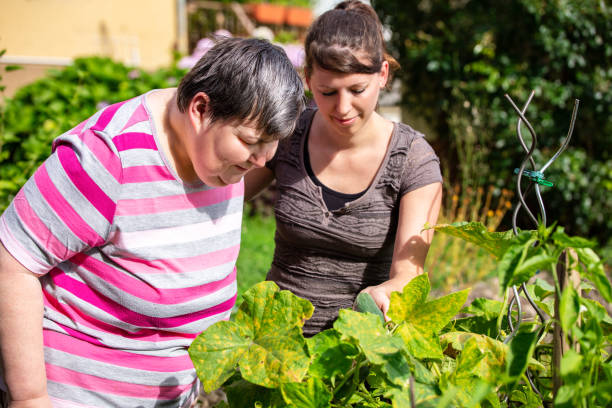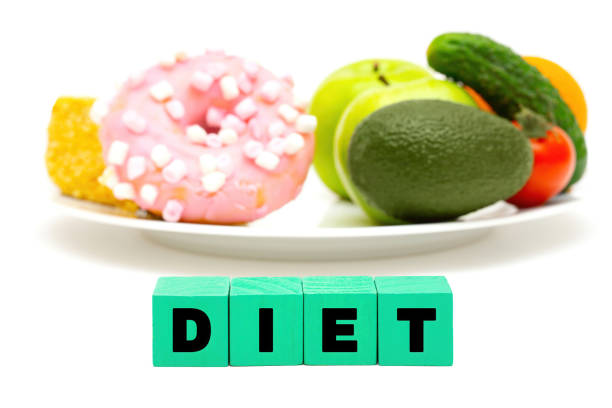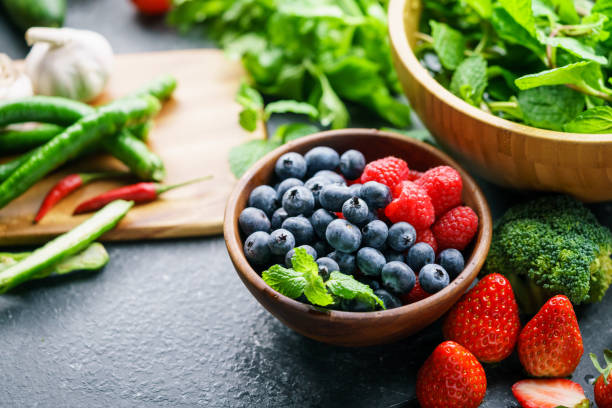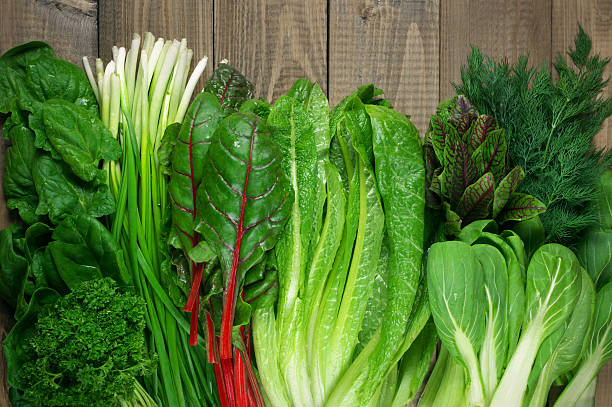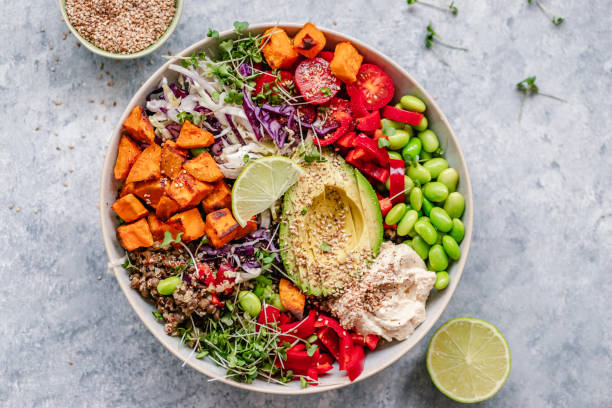Fruits and Vegetables for Gut Health: How a Healthy Microbiome Supports Mental Wellbeing
This post contains affiliate links. I may earn a commission at no extra cost to you if you make a purchase. Note that I’m not a health or outdoor safety professional, so further research is advised. Your support keeps Outdoors A-Z running—thank you! Read the full disclosure.. Read the full disclosure here.
The gut-brain connection is a well-established concept that has gained traction in recent years. The gut is often referred to as the “second brain” because of its significant influence on our mental wellbeing. The microbiome, the community of microorganisms living in our gut, plays a crucial role in maintaining a healthy gut-brain axis. In this article, we’ll explore how consuming fruits and vegetables can support a healthy microbiome and enhance our mental wellbeing.
Table of Contents
The Importance of a Healthy Microbiome
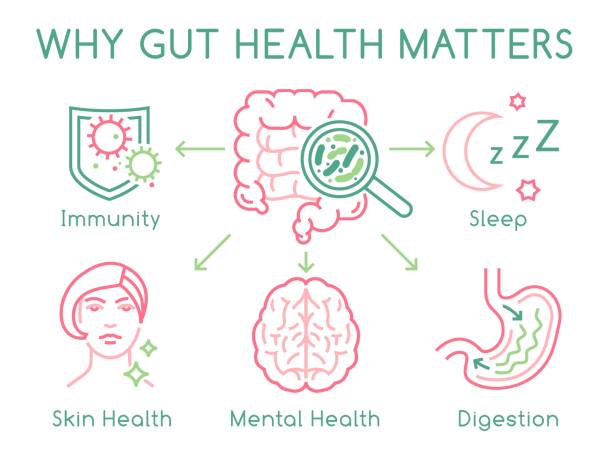
The microbiome is a complex ecosystem of microorganisms, including bacteria, fungi, and viruses, that reside in our gut. The microbiome has a profound impact on our physical and mental health. A healthy microbiome can help prevent gastrointestinal disorders, such as irritable bowel syndrome and inflammatory bowel disease. Additionally, research has shown that the microbiome plays a critical role in maintaining our mental wellbeing.
How Fruits and Vegetables Support a Healthy Microbiome

Consuming a diet rich in fruits and vegetables is one of the best ways to support a healthy microbiome. Fruits and vegetables are high in fiber, which is essential for maintaining a healthy gut. Fiber acts as a prebiotic, providing nourishment for the beneficial bacteria in our gut. Additionally, fruits and vegetables contain antioxidants, which help reduce inflammation and promote a healthy gut environment.
The Mental Health Benefits of a Healthy Microbiome
A healthy microbiome has been linked to improved mental health outcomes. Studies have shown that individuals with a diverse microbiome, indicative of a healthy gut, report fewer symptoms of depression and anxiety. Additionally, research has demonstrated that gut dysbiosis, an imbalance in the microbiome, is associated with an increased risk of developing mood disorders.
Specific Fruits and Vegetables to Incorporate into Your Diet
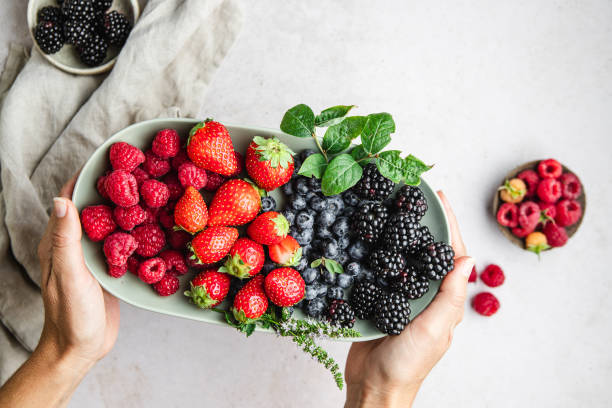
While all fruits and vegetables are beneficial for gut health, some are particularly effective. Here are some examples:
Berries
Berries, such as blueberries, raspberries, and strawberries, are rich in antioxidants, which help reduce inflammation in the gut. Additionally, berries are high in fiber, supporting the growth of beneficial gut bacteria.
Leafy Greens
Leafy greens, such as spinach, kale, and collard greens, are excellent sources of fiber, promoting a healthy gut environment. Additionally, leafy greens are rich in vitamins and minerals that support overall health and wellbeing.
Cruciferous Vegetables
Cruciferous vegetables, such as broccoli, cauliflower, and Brussels sprouts, are high in fiber and sulfur-containing compounds, which help support a healthy gut. Additionally, these vegetables contain glucosinolates, which have been shown to have anti-cancer properties.
Tips for Incorporating Fruits and Vegetables into Your Diet

Incorporating fruits and vegetables into your diet can seem daunting, but it doesn’t have to be. Here are some tips to help you get started:
Start Small
Incorporate one or two servings of fruits and vegetables into your diet each day, and gradually increase your intake over time.
Experiment with Different Varieties
There are countless varieties of fruits and vegetables to choose from, so don’t be afraid to try something new.
Incorporate Fruits and Vegetables into Your Favorite Dishes
Add fruits and vegetables to your favorite dishes to increase your intake. For example, add spinach to your omelet or top your pizza with mushrooms and peppers.
Final Thoughts
Consuming a diet rich in fruits and vegetables is one of the best ways to support a healthy microbiome and enhance our mental wellbeing. The fiber and antioxidants found in these foods provide nourishment for the beneficial bacteria in our gut, reducing inflammation and promoting a healthy gut environment. Additionally, studies have shown that a healthy microbiome is linked to improved mental health outcomes, including a reduced risk of depression and anxiety.
Incorporating fruits and vegetables into our diet may seem overwhelming, but starting small and experimenting with different varieties can make a big difference. Adding fruits and vegetables to our favorite dishes is an easy way to increase our intake and support our gut health.
Overall, a healthy microbiome is essential for maintaining good physical and mental health. By incorporating fruits and vegetables into our diet, we can support a healthy microbiome and enhance our overall wellbeing.
FAQs
Can consuming too many fruits and vegetables be harmful to our gut health?
- Consuming too many fruits and vegetables can lead to bloating and digestive discomfort, but it is unlikely to cause harm to our gut health. It’s important to listen to our bodies and eat a balanced diet.
Can supplements be used to support a healthy microbiome?
- While supplements can be beneficial, it’s best to focus on consuming a diverse range of whole foods to support our gut health.
Are fermented foods beneficial for gut health?
- Fermented foods, such as sauerkraut and kimchi, contain probiotics that can help support a healthy microbiome. However, it’s important to choose fermented foods that are low in sugar and additives.
Can a healthy microbiome improve our immune system?
- Yes, a healthy microbiome plays a crucial role in supporting our immune system and protecting us from harmful pathogens.
How long does it take to see the benefits of consuming fruits and vegetables on our gut health?
- The benefits of consuming fruits and vegetables on our gut health can be seen within a few weeks to a few months, depending on our individual gut microbiome. Consistency is key for optimal results.









